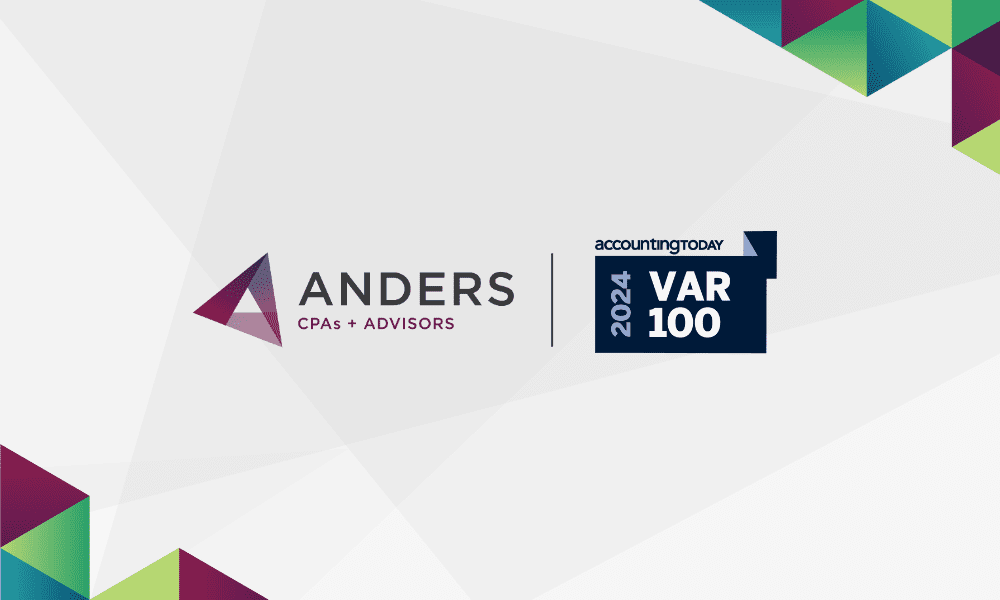Complying with financial accounting and reporting standards set by the Financial Accounting Standards Board (FASB) can be a burden to private companies. To ease some of the difficulties businesses face, the FASB has issued Accounting Standards Updates (ASUs). These standards aim to simply financial accounting and reporting under the U.S. Generally Accepted Accounting Principles (GAAP) without sacrificing quality of the financial statements.
In order to be eligible to implement the simplified accounting standards, private companies must meet the FASB’s definition of a “private business entity”. If an organization determines they are eligible, they must evaluate the applicability and short and long term advantages and disadvantages of implementation before electing the standard. This is a critical step to avoid unnecessary accounting complications in the future.
The following four accounting alternatives are optional for private companies and may be implemented at any time as long as the criteria in the standards are met.
- Leasing Arrangements in Variable Interest Entities (ASU No. 2014-07)
A company may elect not to apply the variable interest entity guidance to a leasing arrangement between two commonly controlled entities if the leasing arrangement is the primary relationship between the entities. This alternative would not result in consolidation that would otherwise be required. - Goodwill (ASU No. 2014-02)
A company may elect to amortize Goodwill over a period of 10 years. This alternative also changes the requirements for impairment testing, allowing for impairment to be tested only after a triggering event and tested on a company-wide basis. - Hedge Accounting (ASU No. 2014-03)
A company may elect simplified hedge accounting for receivable-variable, pay-fixed interest rate swaps on a swap-by-swap basis. This approach allows a swap to be valued at its settlement value and allows a company to assume no ineffectiveness in the cash flow hedging relationship. - Business Combinations (ASU No. 2014-18)
A company may elect to include intangible assets created during business combinations in goodwill instead of separately identified assets. Companies can then adopt the simplified accounting standard for goodwill, noted above.
Implementing these standards can save a significant amount of time and resources in financial accounting and reporting. They may also provide more relevant information to the end users of financial statements. For help evaluating the standards and determining whether they are right for your business, contact an Anders advisor.





